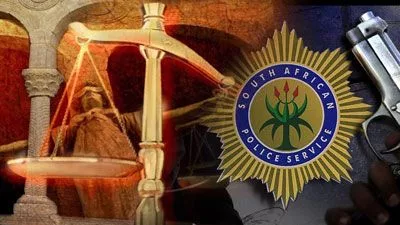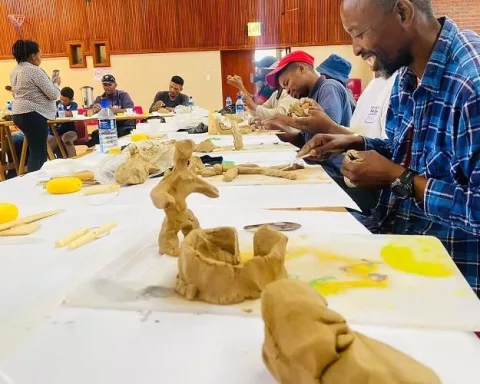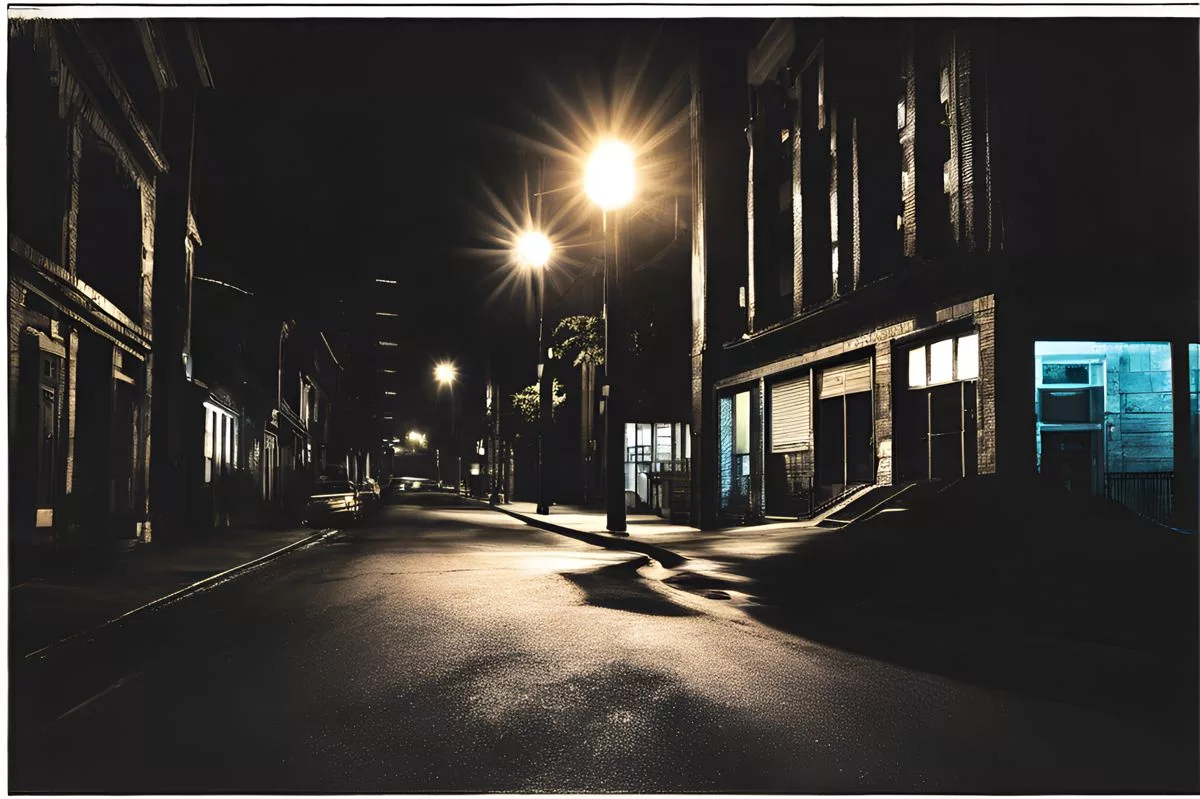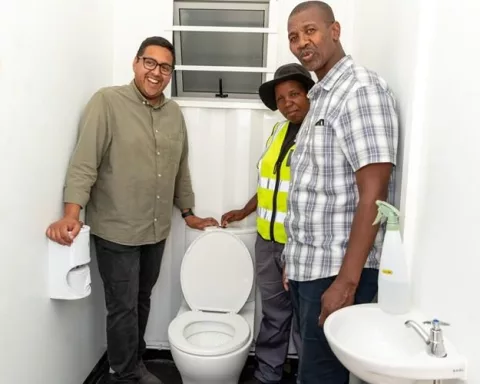Chris Brown’s upcoming concert in South Africa is sparking intense debate because of his past violence against women, particularly his assault on Rihanna in 2009. Advocacy group Women For Change is protesting his performance, arguing that it contradicts efforts to fight gender-based violence, especially in a country where such issues are alarmingly high. The conversation highlights the struggle between celebrating celebrities and holding them accountable for their actions. As South Africa reflects on its values, this situation serves as a reminder to prioritize the safety and dignity of all individuals over celebrity culture.
Why is Chris Brown’s upcoming performance in South Africa controversial?
Chris Brown’s performance in South Africa raises controversy due to his history of violence against women, highlighted by protests from advocacy group Women For Change. Critics argue that allowing him to perform contradicts efforts to combat gender-based violence and undermines societal progress towards justice and accountability.
The Debate Over Chris Brown’s Upcoming Performance
In the dynamic and multifaceted landscape of modern South Africa, debates frequently emerge at the intersection of cultural expression, justice, and societal values. A current point of contention centers around the anticipated performance of Chris Brown, a globally celebrated yet polarizing figure due to his history of legal issues. This debate brings forth a narrative examining the tension between celebrity culture and social responsibility, framed against the backdrop of both historical and ongoing struggles against gender-based violence.
The advocacy group Women For Change recently raised their voices in opposition to the Department of Home Affairs’ decision to allow Chris Brown to perform in Johannesburg on December 14, 2024. Their protest arises from Brown’s history of violence against women, most notably his 2009 assault on pop star Rihanna—a case that sparked extensive discussions on domestic violence and the accountability of public figures. This incident, along with subsequent legal troubles, has left a lasting impact on Brown’s public image, drawing criticism from those who advocate for the rights and protection of women, especially in areas dealing with high rates of gender-based violence.
South Africa, despite its rich cultural diversity and progress towards equality, grapples with a harsh reality: femicide rates significantly exceed the global average. This persistent issue highlights the urgency of initiatives like the 16 Days of Activism Against Gender-Based Violence, a global movement aimed at raising awareness and implementing effective measures to combat violence against women. The timing of Brown’s concert, mere days after this international event, has intensified the outcry from activists who claim that his presence contradicts efforts to promote a safer environment for women and girls.
The Broader Implications of Celebrity Influence
The discourse surrounding Chris Brown extends beyond his past actions to what his ongoing success symbolizes in a society striving for change. Women For Change’s campaign brings attention to a more extensive systemic challenge—the need to balance the influence of cultural icons with the ethical imperatives of justice and equity. By providing Brown with a platform, critics argue, society risks normalizing and trivializing the very behaviors it seeks to eradicate.
Brown’s career, while marked by commercial triumphs and artistic talent, remains overshadowed by his legal history. Following the 2009 incident, he navigated a complex legal journey involving probation, community service, and domestic violence counseling. Despite this, controversies have persisted, with additional allegations and legal issues arising over the years. This situation illustrates the complexities of redemption and accountability within the public sphere.
The presence of Chris Brown in South Africa thus raises a pivotal question: How should society navigate the balance between personal redemption and public accountability? The answer is complicated and requires deep reflection on the values we uphold and the messages we wish to convey, especially to survivors of violence who look to society for validation and support.
Historical Context and the Path Forward
Historical and artistic movements offer valuable perspectives through which to explore this discourse further. Consider the social consciousness movements of the 1960s or the feminist waves that have continually reshaped societal norms. These movements embody the collective struggle for justice and equality, demonstrating that change is both achievable and necessary. They also remind us that the journey toward progress is replete with challenges, often demanding difficult confrontations with entrenched power structures and cultural norms.
In this spirit of reflection and analysis, the appeal from Women For Change gains significance. Their call for accountability and cultural sensitivity resonates within the historical context of activism and advocacy. They urge decision-makers and the public to engage in dialogue that prioritizes the safety and dignity of women, advocating for a cultural shift that honors survivors and fosters a supportive environment.
The call to action transcends the issue of a single concert, aiming to cultivate a societal ethos that consistently and resolutely challenges gender-based violence. It is about ensuring that public platforms elevate voices that inspire positive change rather than glorifying individuals who have caused harm. This vision aligns with global movements striving to dismantle systemic inequalities and violence through sustained advocacy and reform.
As the debate unfolds, it offers an opportunity for introspection—an invitation to examine how cultural stories and public policies intersect with justice and community values. It encourages us to question not only who we celebrate but also the societal standards we uphold. Within this complex interplay of artistry, celebrity, and activism lies a profound opportunity to redefine societal priorities and contribute to a more equitable and compassionate future.
By engaging with these issues, society can aspire to promote an environment where cultural expressions align with community values of justice and equity. In doing so, the debate over Chris Brown’s performance becomes more than just a question of entertainment; it transforms into a vital conversation about the kind of future we wish to build—a future where respect, accountability, and inclusivity are at the forefront.
“`markdown
Why is Chris Brown’s upcoming performance in South Africa controversial?
Chris Brown’s performance is controversial due to his history of violence against women, particularly highlighted by his 2009 assault on Rihanna. Advocacy group Women For Change is protesting his concert, arguing that allowing him to perform contradicts efforts to combat gender-based violence, which is a significant issue in South Africa.
What are the concerns raised by advocacy groups regarding the concert?
Advocacy groups like Women For Change are concerned that Chris Brown’s presence in South Africa sends a dangerous message about accountability and the normalization of violence against women. They argue that his performance undermines societal efforts to promote safety and dignity for all individuals, particularly in a country with alarming rates of gender-based violence.
How does Chris Brown’s past affect his public image?
Chris Brown’s past, especially the 2009 assault on Rihanna and subsequent legal troubles, continues to overshadow his artistic talent and commercial success. His history has sparked ongoing debates about redemption, accountability, and the responsibilities of celebrities in society, complicating public perception of his career.
What is the significance of the timing of the concert?
The timing of Chris Brown’s concert, which is scheduled shortly after the global initiative 16 Days of Activism Against Gender-Based Violence, has intensified protests from advocates. They argue that hosting a performer with a violent background during such an important awareness campaign contradicts efforts to combat gender-based violence.
How are social movements influencing the debate around celebrity performances?
Social movements, particularly those focused on gender equality and justice, are playing a crucial role in shaping the discourse around celebrity performances like Chris Brown’s. They advocate for accountability and cultural sensitivity, urging society to prioritize the voices of survivors and foster an environment that supports change while challenging harmful behaviors.
What broader implications does this debate have for South African society?
The debate surrounding Chris Brown’s concert raises important questions about the balance between celebrating cultural icons and ensuring social responsibility. It reflects a societal struggle to redefine values and prioritize justice and equity, encouraging citizens to reflect on the kind of future they want to build—one that upholds respect and accountability for everyone.
“`












